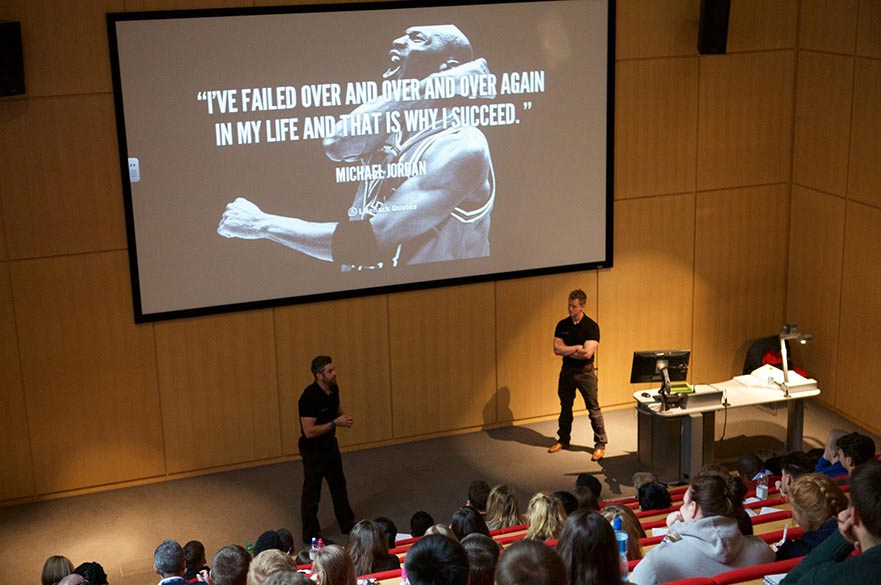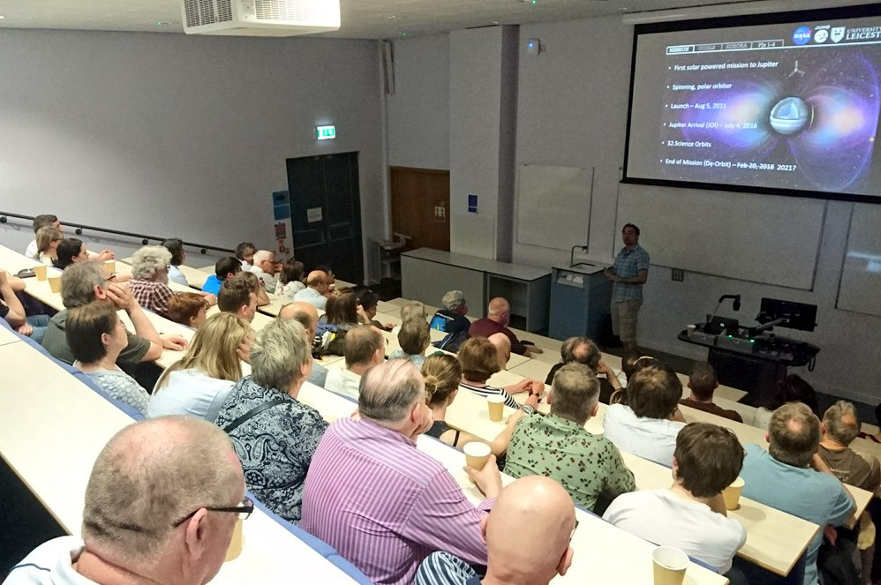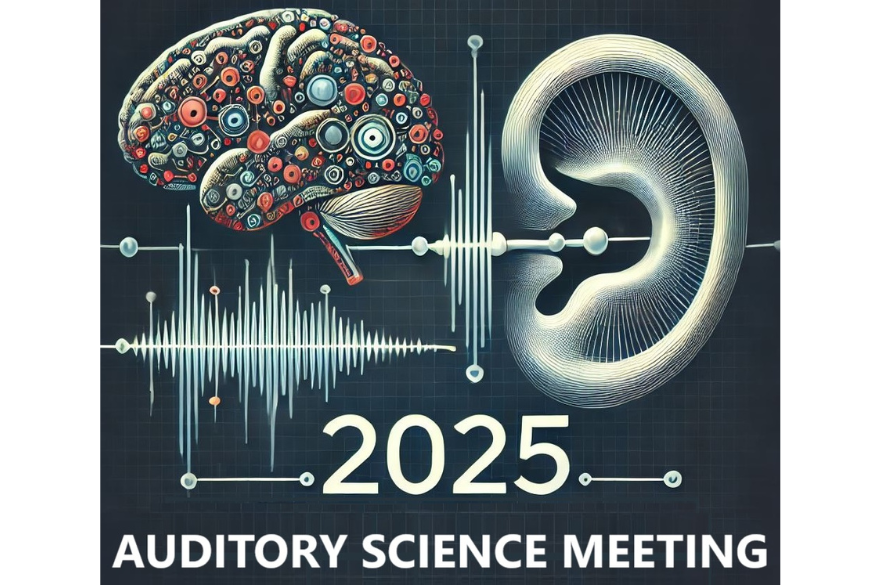Psychology Twilight Talk
City Campus

Join our latest Twilight Talk series event and discover fascinating insights into the human mind, featuring our expert academics here at NTU.
- From: Wednesday 16 October 2024, 5 pm
- To: Wednesday 16 October 2024, 7.30 pm
- Booking deadline: Tuesday 15 October 2024, 12.00 pm
- Download this event to your calendar
Event details
Join us for our Twilight Talk series to discover fascinating insights into the human mind, delivered by our expert academics here at NTU. Whether you're a dedicated A-level or BTEC student, a passionate teacher, or a curious parent, these talks will ignite your curiosity and deepen your understanding of the complexities of human behaviour. We will be covering the below topics and unravelling the mysteries of human psychology in an engaging and accessible manner.
Join us for an evening of psychology that promises to be relevant, interesting, and thought-provoking – a must-attend event for anyone eager to explore the fascinating world of psychology. Refreshments will be provided.
If you have any further questions, please contact victoria.sutton@ntu.ac.uk
You must be 16 or over to attend this event.
Programme
John Groeger, Professor of Psychology, Director, Sleep Well Science: "All aboard, what does my brain do while I’m asleep?"
It’s easy to imagine that as you turn the lights out, your brain switches off as well. Nothing could be further from the truth. It embarks upon a repetitive journey through different brain states during which events of the day are tided away, the rubbish is put out for collection, allowing you to wake ready emotionally, physically and intellectually for the day ahead. That is when everything working as it should; studying or exercising too late, being hungry or thirsty, a tiff with a friend, late night phone use, and the dread of what is coming up next day will all delay, or derail, the night bound train.
Nikolas Pautz: "Can you identify a criminal from their voice alone?"
Imagine that you overhear someone talking about a crime they have just committed. You can hear their voice, but you cannot see them. You report this to the police, and a few weeks later the police ask you to identify the person you overheard from a lineup of relatively similarly sounding voices. Only one of the voices belongs to the suspect. If you correctly identify the person you overheard talking about the crime, you’ve just provided the Crown Prosecution Service additional evidence that they can use for their case. If not, the case might be weaker. Do you think you would be able to do it? In this talk, I will present some of our research in voice identification and talk about some factors that make voice identification quite difficult.
Dr Emma Vardy, Senior Lecturer in Developmental Psychology: “I don’t say you idiot, I now say check-it”
There is a famous quote by Dr Seuss “The more that you read, the more things you will know. The more that you learn, the more places you’ll go.” It is important to me that all can access the wonderful world of books and reading. Building a community of readers, having someone listen to you read are needed to develop a love of reading. Paired reading typically does not provide a structure or training for pupils to follow, thus is not as effective as one might think it should be. In this talk, I will outline a paired reading intervention we have delivered for primary school aged children, PALS-UK that includes four weeks of training and a structure for children to follow so no one is called an idiot again. Get ready for some audience participation.

